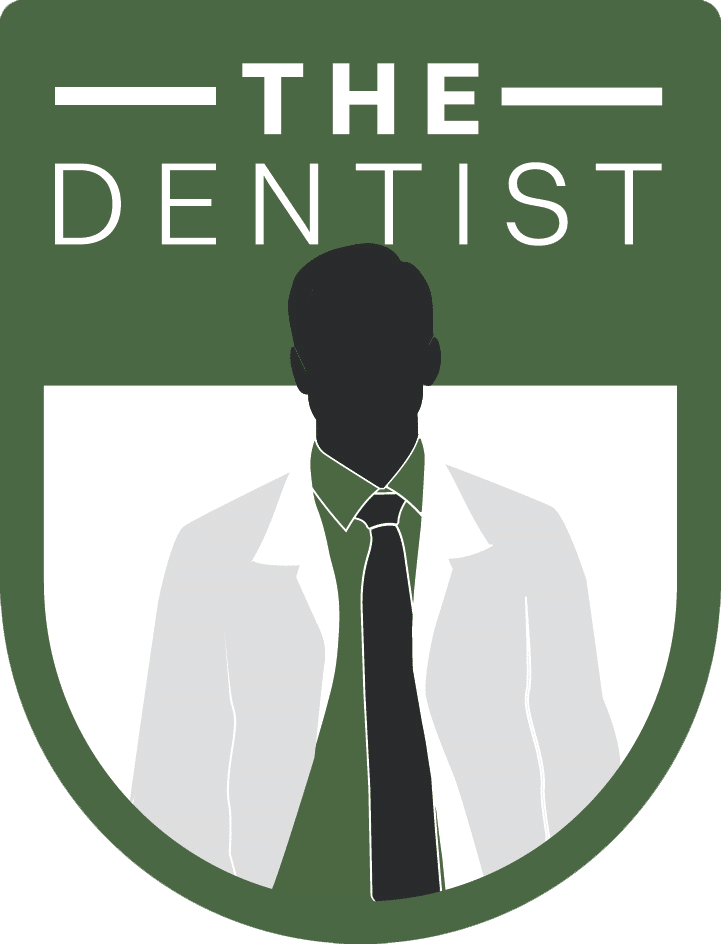Did you know that nearly 42% of children aged 2-11 experience rotten milk teeth, a condition that can significantly impact their overall development and future oral health? While many parents assume baby teeth are temporary and therefore less important, these crucial first teeth play a vital role in everything from proper speech development to guiding permanent teeth into position. The rising prevalence of rotten milk teeth, also known as baby bottle tooth decay or early childhood caries, has become a pressing concern for pediatric dentists worldwide. As your child’s first smile begins to emerge, understanding how to protect these precious primary teeth from decay isn’t just about preventing cavities. It’s about setting the foundation for a lifetime of healthy dental habits and confident smiles.
Understanding Rotten Milk Teeth
Rotten milk teeth, clinically known as early childhood caries or baby bottle tooth decay, is a serious dental condition affecting infants and young children. This condition occurs when bacteria in the mouth convert sugars from drinks and foods into acids that attack tooth enamel, leading to decay.
Common signs of tooth decay in children include:
- White spots or lines on teeth (early stage)
- Yellow or brown spots
- Visible holes or cavities
- Pain or sensitivity
- Swollen gums around affected teeth
The Role of Sugar and Carbohydrates
When children consume sugary beverages or foods, especially through prolonged bottle feeding, the sugars interact with bacteria naturally present in the mouth. These bacteria produce acids that gradually erode tooth enamel, particularly during nighttime feeding when saliva production is reduced.
The most damaging feeding practices include:
- Putting babies to bed with bottles containing milk or juice
- Frequent use of sippy cups with sugary drinks
- Constant snacking on carbohydrate-rich foods
- Dipping pacifiers in honey or sweet substances
Does Milk Rotten Your Teeth?
- Plain milk itself isn’t inherently harmful to teeth. In fact, milk contains protective proteins called caseins that can help prevent tooth decay. However, the natural sugars in milk (lactose) can contribute to decay when:
- Milk remains in contact with teeth for extended periods
- Children fall asleep while drinking from bottles
- Milk is combined with added sugars or sweeteners
Causes and Risk Factors for Rotten Milk Teeth
Several factors increase the risk of developing rotten milk teeth:
- Poor oral hygiene practices
- Frequent exposure to sugary drinks and snacks
- Extended bottle or breast feeding, especially during sleep
- Delayed first dental visit
- Family history of poor dental health
The Science Behind Tooth Decay
Baby teeth are particularly vulnerable to decay because their enamel is thinner than that of permanent teeth. The decay process involves:
1. Bacteria feeding on sugars
2. Production of acid by bacteria
3. Demineralization of tooth enamel
4. Formation of cavities if left untreated
Bacteria Transfer Between Caregivers and Children
Decay-causing bacteria can be transmitted from caregivers to children through:
- Sharing utensils
- Cleaning pacifiers with mouth
- Kissing on the mouth
- Testing food temperature with shared spoons
Prevention Strategies for Healthy Milk Teeth
Effective prevention begins with proper oral hygiene and feeding practices:
Cleaning and Brushing Techniques
- Clean gums with soft cloth before teeth emerge
- Use rice-grain sized fluoride toothpaste for children under 3
- Brush twice daily with soft-bristled toothbrush
- Supervise brushing until age 7-8
Dietary Recommendations
- Limit sugary drinks and snacks
- Avoid bottles at bedtime
- Transition to cups around 12 months
- Offer water between meals
Can Milk Fix Rotten Teeth?
While milk contains beneficial calcium and phosphorus for teeth, it cannot reverse existing decay. However, it can help prevent new cavities by:
- Neutralizing acids in the mouth
- Providing minerals for remineralization
- Creating a protective film on teeth
Treatment Options for Rotten Milk Teeth
Professional treatment is essential when decay is present. Options include:
Professional Treatments
- Fluoride treatments to strengthen enamel
- Fillings for small cavities
- Stainless steel crowns for extensive decay
- Extractions when necessary
What to Do with Rotten Milk Teeth
- Treatment decisions depend on:
- Child’s age and cooperation
- Extent of decay
- Time until natural tooth loss
- Risk of infection or pain
The Importance of Regular Dental Check-ups
Schedule your child’s first dental visit by age 1 or within 6 months of the first tooth eruption. Regular check-ups allow for:
- Early detection of problems
- Professional cleanings
- Fluoride treatments
- Parent education
Myths and Misconceptions About Baby Teeth
Common myths debunked:
- “Baby teeth aren’t important since they fall out”
- “Cavities in baby teeth don’t affect permanent teeth”
- “Young children don’t need to see a dentist”
- “Fruit juice is a healthy alternative to soda”
For professional pediatric dental care and more information about preventing rotten milk teeth, contact The Dentist LV at our office.


